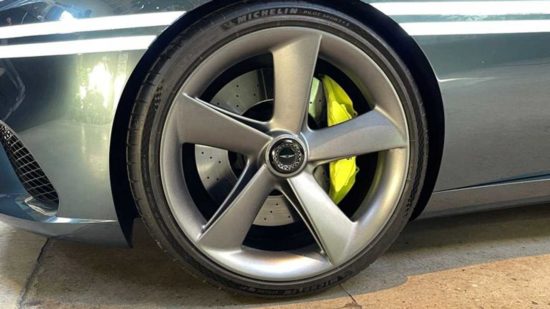When it comes to staying safe on the road, your vehicle’s braking system is one component you cannot afford to overlook. Spotting the warning signs of trouble with your car brakes early can save you from unexpected breakdowns, costly repairs, or worse, a dangerous situation. Understanding what to watch out for and taking prompt action can keep you and your passengers safe, whether you are navigating city streets or outback highways.
Strange Sounds? Don’t Ignore Them
Your car does not just tell you when something is wrong, it shouts. One of the earliest signs of brake trouble is noise. If you hear a high-pitched squeal when pressing the brakes, it is often a clear signal that your brake pads are nearing the end of their lifespan. The sound comes from wear indicators built into the pads, designed to give you a heads-up before the situation worsens.
But if the squeal turns into a harsh grinding noise, it could be time to act immediately. Grinding usually means the brake pads are completely worn out, leading to metal-on-metal contact. This not only damages the rotors but also makes your car unsafe to drive.
Feel the Difference in Physical Response
Your car’s brake pedal can tell you a lot about the health of your braking system. If the pedal feels softer than usual or sinks too easily when pressed, it might indicate a problem with the hydraulic system, such as a leak or air in the brake lines.
On the other hand, if your car pulls to one side when braking, it could point to uneven brake wear or a caliper that is stuck. Another red flag is vibrations or shaking in the brake pedal or steering wheel, especially noticeable when driving at higher speeds. This often signals warped rotors, which can occur due to overheating or prolonged wear.
Watch Out for Visual Warning Signs
Modern cars often come equipped with dashboard warning lights that act as your first line of defence against brake issues. If the brake warning light illuminates, it is a sign to investigate further.
Other visual signs can also give away potential problems. For instance, low or discoloured brake fluid in the reservoir can point to contamination or leaks in the system. Fluid spots under your car near the wheels may also signal leaks, and visibly worn brake pads or rotors suggest it is time for replacements.
Know When to Call in the Experts
Knowing when to seek professional help is just as important as spotting the signs of trouble. If you notice unusual noises, reduced braking efficiency, or dashboard warning lights, don’t delay, book an inspection immediately. Routine brake system checks, ideally performed during regular servicing, can identify problems before they worsen.
Australian driving conditions, especially in areas with steep descents or heavy stop-and-go traffic, can put added strain on your brakes. Professional inspections can assess wear levels, spot hidden faults, and ensure your braking system is up to the challenges of our unique roads while avoiding accidents.
Stay Safe, Stay Proactive
Your braking system is your vehicle’s most important safety feature, and taking care of it should always be a priority. If you notice strange sounds, reduced responsiveness, or warning lights, do not wait, act immediately. Booking a professional inspection can safeguard your safety and that of others on the road.
Proper brake maintenance is about more than preserving your car and more about protecting lives.
Ensuring your brakes are in top condition means you will always have reliable stopping power when it matters most. Whether it’s your morning commute or a long road trip, well-maintained brakes are your silent partner in safety.



Speak Your Mind